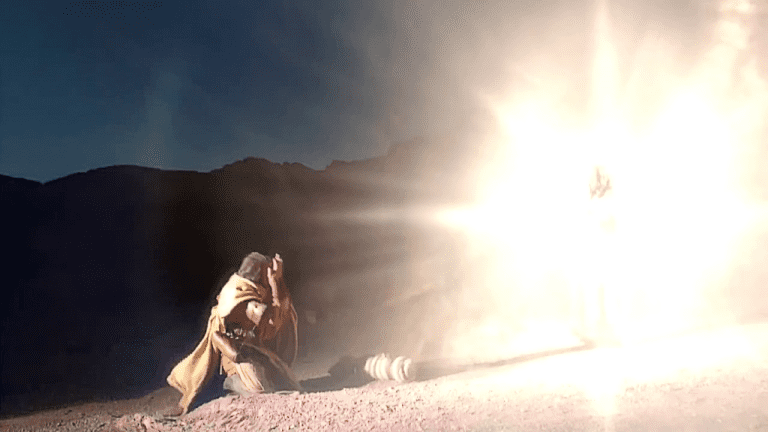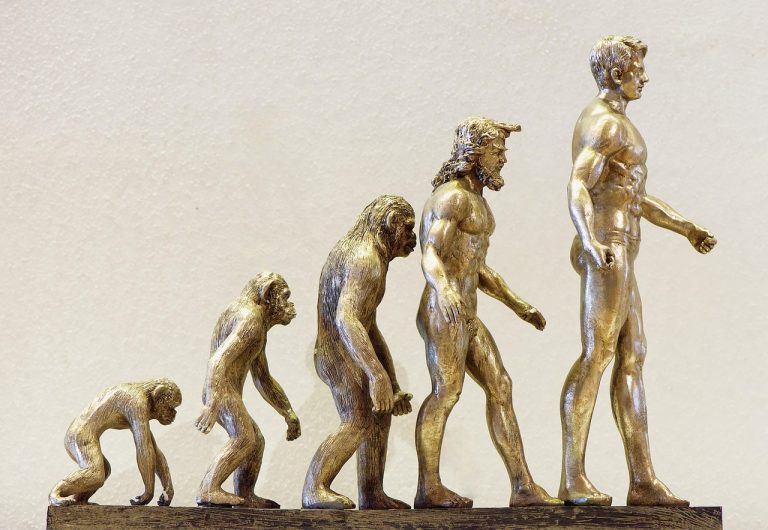Millions of emasculated Americans think it is their duty to tolerate diseased, often rabid, raccoons around their homes, gardens, yards, parks, and farms. A combination of parklands, small patches of woods, and an endless array of garbage-filled cans and bags have made much of America into an earthly paradise for raccoons.
They multiply quickly. Some of them weigh forty pounds, or more, and are able to dispatch even medium-sized dogs with their razor-sharp fangs, often disemboweling these stalwart protectors of our property with their powerful claws. Each masked murderer of the night must knock over several garbage cans every evening to obtain the energy to repeat the process the next night. Germ-carrying fleas and ticks feed on them from the outside; tapeworms and roundworms devour them from within.
Cats, frogs, and toads provide an additional food supply. So do baby birds. Ravenous raccoons search fields, shrubs, and trees for nests, eggs, and nestlings. As they scour, they devour both eggs and baby birds while the mother and father birds can but ineffectually screech in anguished outrage as their offspring are ripped apart by the teeth of the insatiable, pitiless predators.
Rabies ravages raccoon populations. The disease spreads quickly from one infected racoon to others. Then, to other animals. Often, one sees raccoons in the dying days of the disease, walking slowly and openly through yards, like zombies. They are so feared by all who see them that anxious mothers bring their children inside, wondering why their men do not solve the problem.
Enlightened elites have passed laws against coon-hunting. The mangy animals are particularly loved by leftists, who praise them for being “natural” and describe them as “cute”. Racoon-lovers thereby unmistakably demonstrate what they understand about their own basic natures only too well: raccoons are animal versions of themselves.
Once, when the nation was free, our ancestors actually did get rid of raccoons. ‘Coon hunting used to be such a popular sport in America that men bred special hounds to hunt them down. Today, sadly, few of us have a pack of brave blue-tick or redbone coonhounds. We no longer thrill to the excited yips and triumphant howls of coursing hounds. Sounds of the hunt no longer echo through effete, sanitized American parks, yards, and suburbs. Most of America has been taken over by those who prefer problems to solving them.
Real Americans Still Live
A folk-tale is oft told on quiet evenings, especially on this anniversary of our nation’s freedom, among trustworthy family and dependable friends. It is the epic story of the anonymous suburbanite who first dared use his Yankee ingenuity to actually solve the problem of the plague of raccoons. After millions of Americans had been inconvenienced and sickened by rapacious raccoons, this unsung Edison invented a way to keep the nestlings of his beloved songbirds from being devoured. His discovery also helped him keep his garbage in the can, rather than having it festooned around the neighborhood.
This intentionally anonymous Eli Whitney of suburban America made an amazing discovery. Some burst of the sheerest genius prompted him to take some powdered, granular insecticide. He poured a thin layer of these blue particles in the bottom of a pie pan, covering it about one piece deep. Then, the muse prompted him to pour just enough Coca-Cola in the pan to cover the granules. He set it outside at night just after sunset, near his oft-upturned and frequently emptied garbage can. By midnight, the pie tin was emptied. Surreptitiously, he took it inside and washed it thoroughly, leaving no trace of what it had so recently contained.
Rising early with the sun, this quiet American, a true defender of freedom, a brilliant solver of a nation’s problems, a Minute Man of our time, a guerilla freedom-fighter, discovered that a huge raccoon, after swilling down the heady elixir, walked four or five feet, and died a happy death. The only sadness the brutish beast may be imagined to have felt was that he didn’t die eating choice morsels within the bags of garbage, the leftovers of which he didn’t have time to spread about the street.
As always in America, the imitation of a good idea became the sincerest form of flattery. The process continues, all across America. Early every morning, while the oblivious and uncaring are fast asleep, the carcasses of countless raccoons are quietly shoveled into garbage bags.
Most of these unheralded heroes of the suburbs do their good deeds the night before garbage collection. Their bold actions may, or may not, be thought illegal by manic nannies with little to do but fine and imprison their neighbors. Most citizens concerned enough to actually solve the racoon problem are smart enough to keep very, very quiet about it. They understand that their government has attracted the kind of officials who cannot stand to see any problem solved, and will punish them if they dare to protect property, pets, and baby birds.
A word to the wise is sufficient.
Interestingly, a query, one that speaks volumes, is usually made by at least one wife to at least one husband when a group is told this tale of the brave, red-blooded, American man who served not only his community, but also, America. She, usually the most attractive woman in the group, turns to her own husband, and asks: “Why don’t you do something like that?”
All over America, brighter women think the same thing.







